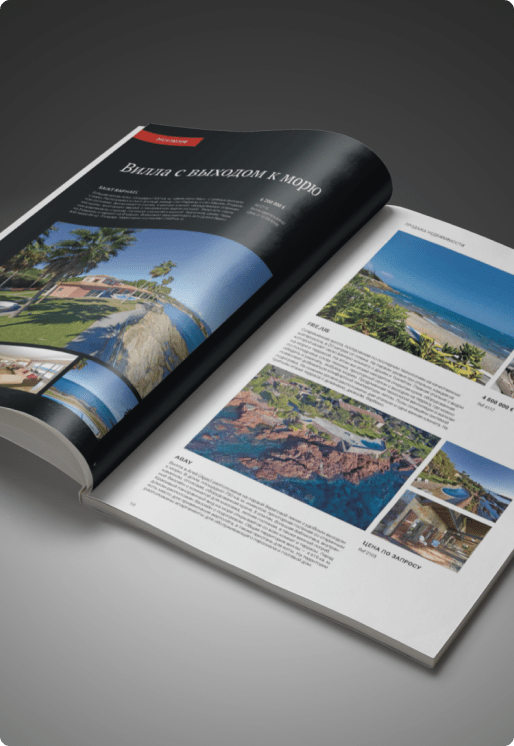











- Home
- Real Estate
- Luxurious Sea View Apartment in Fontvieille, Monaco
Luxurious Sea View Apartment in Fontvieille, Monaco
This luxurious sea view apartment is located in the Fontvieille district of Monaco, in the Botticelli building on a quiet side of the street. Fully refurbished and furnished with high-quality pieces, the 161 sqm apartment feature three bedrooms and three bathrooms, a spacious living room with a dining area, and an open-plan, fully equipped kitchen. Two bedrooms and the living room open onto a 35 sqm terrace offering panoramic views of the sea and port. The apartment includes two parking spaces in the underground garage. Ideal for yacht owners who wish to see their vessel right outside their window, these apartments offer unparalleled comfort and luxury in the heart of Monaco.




























































Yes, in France property insurance is mandatory in certain situations — but not in all. The overview below clarifies the key obligations depending on your status.
- If you are an owner-occupier (propriétaire occupant)
Property insurance is not legally required, but it is strongly recommended. Without coverage, you are personally liable for any damage (fire, water damage, explosion, etc.), including harm caused to neighbouring properties. Most owner-occupiers take out a multirisque habitation (MRH) policy — a comprehensive home insurance contract.
- If you are a landlord (propriétaire bailleur)
Insurance is not compulsory for the landlord. However, if the tenant is not insured, the landlord bears the financial risk in the event of fire, water damage or other incidents. For this reason, most landlords include an insurance clause in the lease agreement and request proof of the tenant’s policy.
- If you are a tenant (locataire)
Insurance is legally mandatory (Article 7 of the Law of 6 July 1989). Tenants must hold home insurance covering at least rental risks — fire, explosion and water damage. If the tenant fails to obtain a policy, the owner may terminate the lease, or purchase insurance on the tenant’s behalf and add the cost to the rent.
- If the property is part of a condominium (copropriété)
Since 2014 (Loi Alur), insurance is mandatory for every co-owner, including those who do not reside in the property. The minimum requirement is civil liability insurance (responsabilité civile) covering damage caused to neighbours or other occupants
Step-by-step guide to the homebuying process :
- Select properties and ask to organise viewing
- Visit selected properties and choose a home to buy
- Have the house inspected and ask for energy performance rating
- Make an offer. Present it to the seller and reach agreement on the price.
- Sign a promise deed – Compromis de vente
- Make a down payment of 5-10% of the sale price
- Consider your financial options, ask for mortgage
- Wait for the notary to check the transaction cleanliness
- Pay a 100 % of the amount
- Sign a sale deed and get the keys to your new home
- Get legal documents, registered in the French Land Registry, from the notary
- Register utilities and insurance policies of your new home in your name
The DPE is a real estate diagnosis that is mandatory for all properties for sale. The seller must be able to provide it before signing a purchase agreement - Compromis de vente. The DPE makes it possible to know the energy consumption and CO2 emissions of the property and includes the following data:
- Floor area (Loi Carrez) — for apartments.
- Technical diagnoses (lead, asbestos, termites, etc.).
- Electrical and gas installations.
- Heat loss, insulation performance, renewable energy production systems, if any.
- Risk of seismic movement or other natural disaster.
- Septic tank installation – for houses.
56 bis, av de la Lanterne
06200 Nice, France
+33 4 93 29 84 25
9:00 – 18:00
Nice, France (GMT +2)








